Boat Safety Equipment
To enjoy a safe day boating on the water with your family and friends, this is the essential boat safety equipment you should have on board.
Life Jackets
The U.S. Coast Guard requires you to have an approved lifejacket also called personal flotation devices, or PFDs, per passenger and a minimum of two on board. An additional throwable flotation device is required if the vessel is 16 feet or more in length. Make sure the lifejackets are in good condition and easily accessible.
First Aid Kit
Maintain a first aid kit stocked with basic supplies including gauze, bandages, alcohol cleaning pads, aspirin, etc. Check expiration dates periodically and replace supplies as necessary.
Signaling and Sound Devices
Signaling devices and sound-making devices are required on all boats. Sound-making devices include a horn, a bell or a whistle. If you’re operating your boat in a coastal area, you’re also required to have day and nighttime flares. Make sure flares are accessible and stored in a dry location.
Fire Extinguishers
Carry at least one fire extinguisher, the number and types of fire extinguishers required by the U.S. Coast Guard will depend on the length of your vessel. Make sure your fire extinguisher is approved by your state and is in optimal condition. Check your state for more boating rules and regulations.
Marine VHF Radio and a Cellphone
A VHF radio is essential for up-to-the-minute weather information on the NOAA Weather Radio band. The U.S. Coast Guard and other authorities monitor VHF channel 16 for boaters in distress and post important warnings and bulletins for mariners. Most radios also have a distress beacon that can be run through the GPS to provide exact coordinates to search-and-rescue teams.
Docking and Anchoring
Carry two extra dock lines in case you encounter unusual conditions dockside or in case you or another boater is stranded and needs a lift. Dock lines also come in handy when you need to tie up to someone’s pier. Every boat should have an adequate anchor to keep from running aground in bad weather or as a result of engine failure.
Safe Boating Gear
Follow along with Take Me Fishing as we share boating safety tips and show you all the proper gear needed for water safety when fishing. It's important that you have all the necessary fishing safety equipment & gear before you head out on the water.
KEEP LEARNING
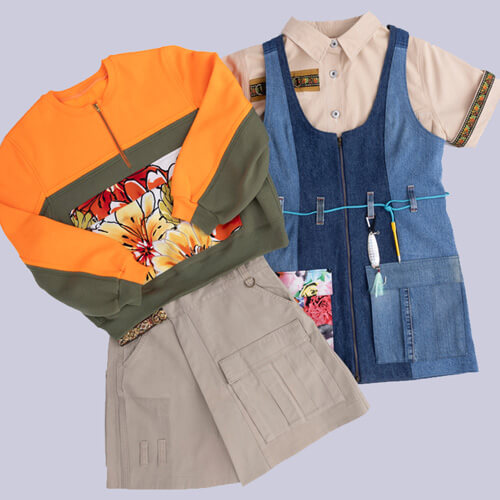
TakeMeFishing x Teen Vogue
Join us on a creative journey as fashion designer Ahmrii Johnson walks us through her collaborative vision and process with Teen Vogue and fashion brand, Rentrayage, to create a special piece.
LEARN MORE
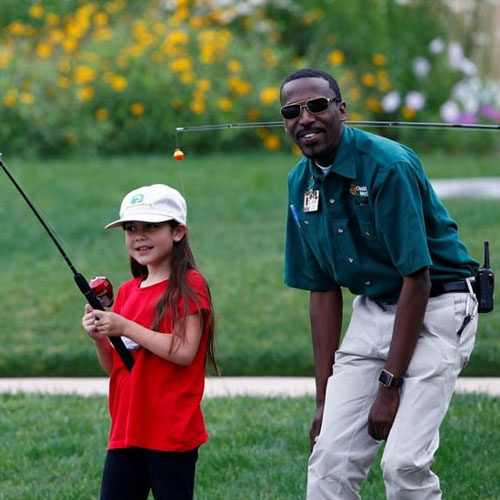
First Catch Center Trailer Gallery
FCC Trailer Photo Gallery
LEARN MORE
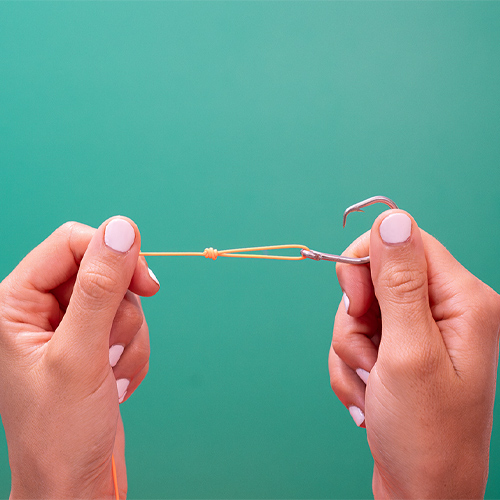
How to Tie a Duncan Knot
Learn to tie a Duncan knot by following these five simple steps. Watch our new video.
LEARN MORE

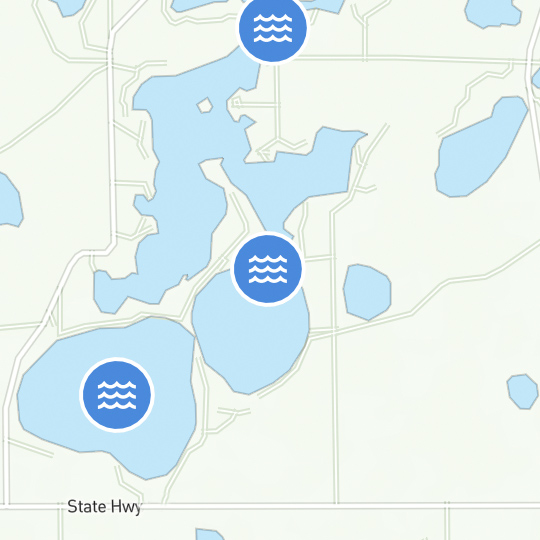
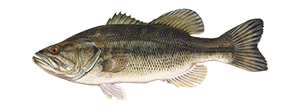.png?lang=en-US&ext=.png)